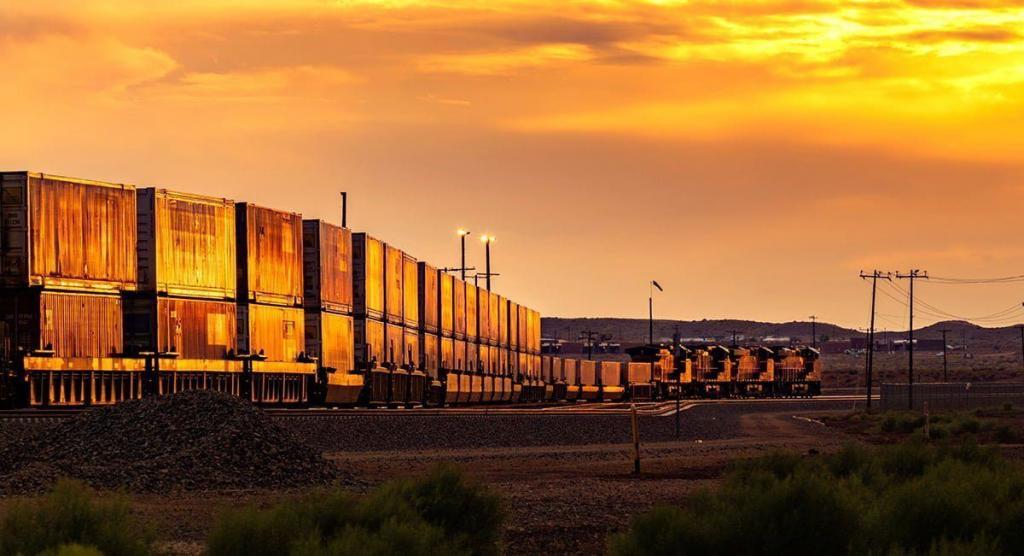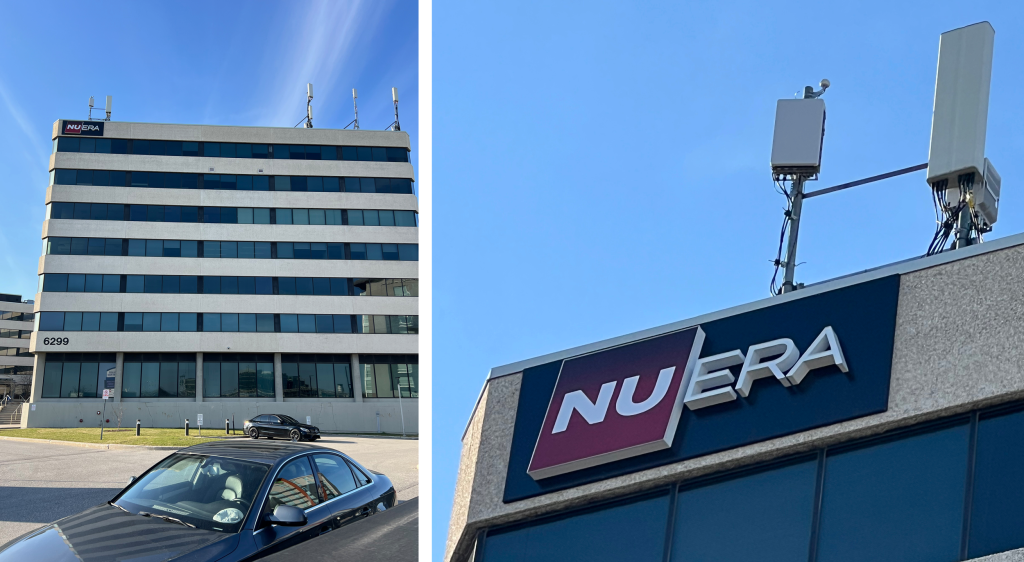CP-KCS Merger: Benefits of a Single-Line Rainway Connecting U.S., Mexico & Canada
What does the CP-KCS Merger mean for your Business?
A single-line railway (CPKCR) connecting the United States, Mexico, and Canada, such as the one that will be created by the proposed merger of Canadian Pacific Railway (CP) and Kansas City Southern (KCS), could bring several benefits to the North American economy and transportation industry. Here are some of the key benefits:
- Improved connectivity: A single-line railway connecting the United States, Mexico, and Canada would provide a seamless transportation network for the movement of goods across borders. This would improve connectivity and reduce transportation costs for businesses that operate in North America.
- Increased competition: The merger of CP and KCS to create Canadian Pacific Kansas City (CPKC) would increase competition in the North American railway industry, which is currently dominated by two major players. This would help to keep transportation costs in check and provide more options for customers.
- Enhanced efficiency: A single-line railway would also enhance efficiency by reducing the need for multiple transloading points and transfers between different railways. This would save time, reduce costs, and improve the reliability of shipments.
- New growth opportunities: A single-line railway connecting the United States, Mexico, and Canada would create new growth opportunities for businesses by providing access to new markets and suppliers. It would also support economic development and job creation in the North American region.
- Improved environmental sustainability: Railway transportation is generally considered more environmentally sustainable than other modes of transportation, such as trucking. A single-line railway connecting the United States, Mexico, and Canada would help to reduce carbon emissions and improve environmental sustainability.
Overall, a single-line railway connecting the United States, Mexico, and Canada would bring several benefits to the North American transportation industry, including improved connectivity, increased competition, enhanced efficiency, new growth opportunities, and improved environmental sustainability.

Is the North American Rail Freight market declining.
The North American rail freight market has seen some challenges in recent years, with declining volumes and revenues. Here are some of the factors that have contributed to this trend:
- Trade uncertainty: Trade tensions and uncertainties, such as the renegotiation of the North American Free Trade Agreement (NAFTA) and the US-China trade war, have contributed to a decline in freight volumes in North America.
- Shifts in energy markets: The shift towards renewable energy sources and the decline in demand for coal have impacted rail freight volumes in North America. This has led to reduced demand for rail transportation in some areas and increased competition from other modes of transportation, such as pipelines.
- Competition from other modes of transportation: Rail transportation is facing increasing competition from other modes of transportation, such as trucking and shipping. This is due to improvements in technology, lower fuel costs, and increased capacity in other transportation modes.
- Infrastructure challenges: Aging infrastructure, including bridges and tunnels, has led to capacity constraints and increased costs for rail operators. This has made it more difficult for rail companies to compete with other modes of transportation and meet the growing demand for transportation services.
Despite these challenges, the North American rail freight market remains a critical part of the transportation industry, providing a cost-effective and environmentally sustainable option for the movement of goods. Rail companies are working to address these challenges through investments in technology and infrastructure, as well as partnerships and collaborations with other companies in the transportation industry.
Could CP's Aquisition of Kansas City Sourthern impact the forcasted decling in North American Rail Freight?
First, the merger creates a new transportation network that connects Canada, the United States, and Mexico, which could increase competition and efficiency in the North American rail industry. This could lead to increased demand for rail transportation services, as shippers seek out more efficient and cost-effective ways to move goods across North America.
Second, the combination of CP and KCS means a larger and more diversified network, which may help to mitigate the impact of declining volumes in specific industries or regions. This could make the merged company more resilient to changes in the market and reduce its dependence on any single customer or commodity.
Third, this merger provides opportunities for cost savings and operational efficiencies, which could help to mitigate the impact of declining revenues and margins in the North American rail industry. By reducing costs and improving efficiency, the merged company could better compete with other modes of transportation and maintain its market share.
Overall, we believe CP’s acquisition of KCS will potentially have a positive impact on the forecasted volume decline in the North American Rail Freight Market. Talk to us if you’re looking to expand your rail and intermodal services in the USA, Canada or Mexico.

